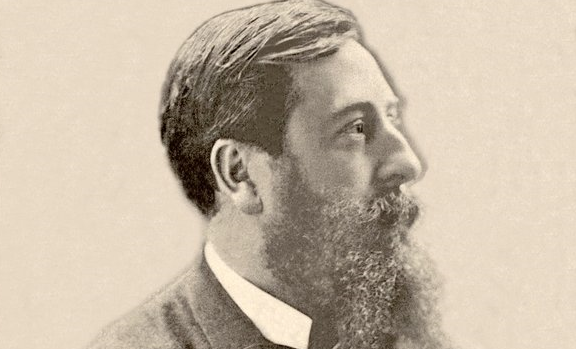
The History of Léo Delibes: A Master of French Romanticism
Léo Delibes, one of the most celebrated French composers of the 19th century, is best known for his contributions to ballet and opera. His compositions,[…]
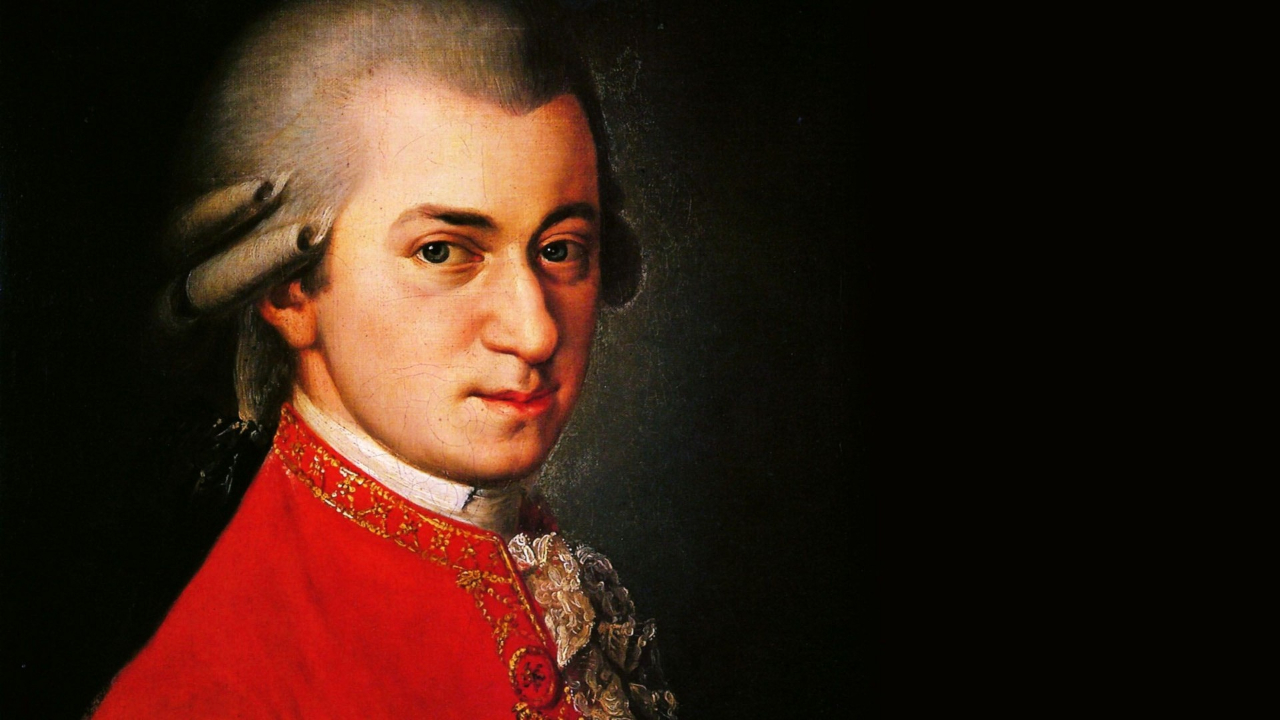
The Story Behind Mozart’s Don Giovanni K 527
Wolfgang Amadeus Mozart’s Don Giovanni, K. 527, is one of the most celebrated operas in the history of classical music. This masterpiece, blending elements of[…]
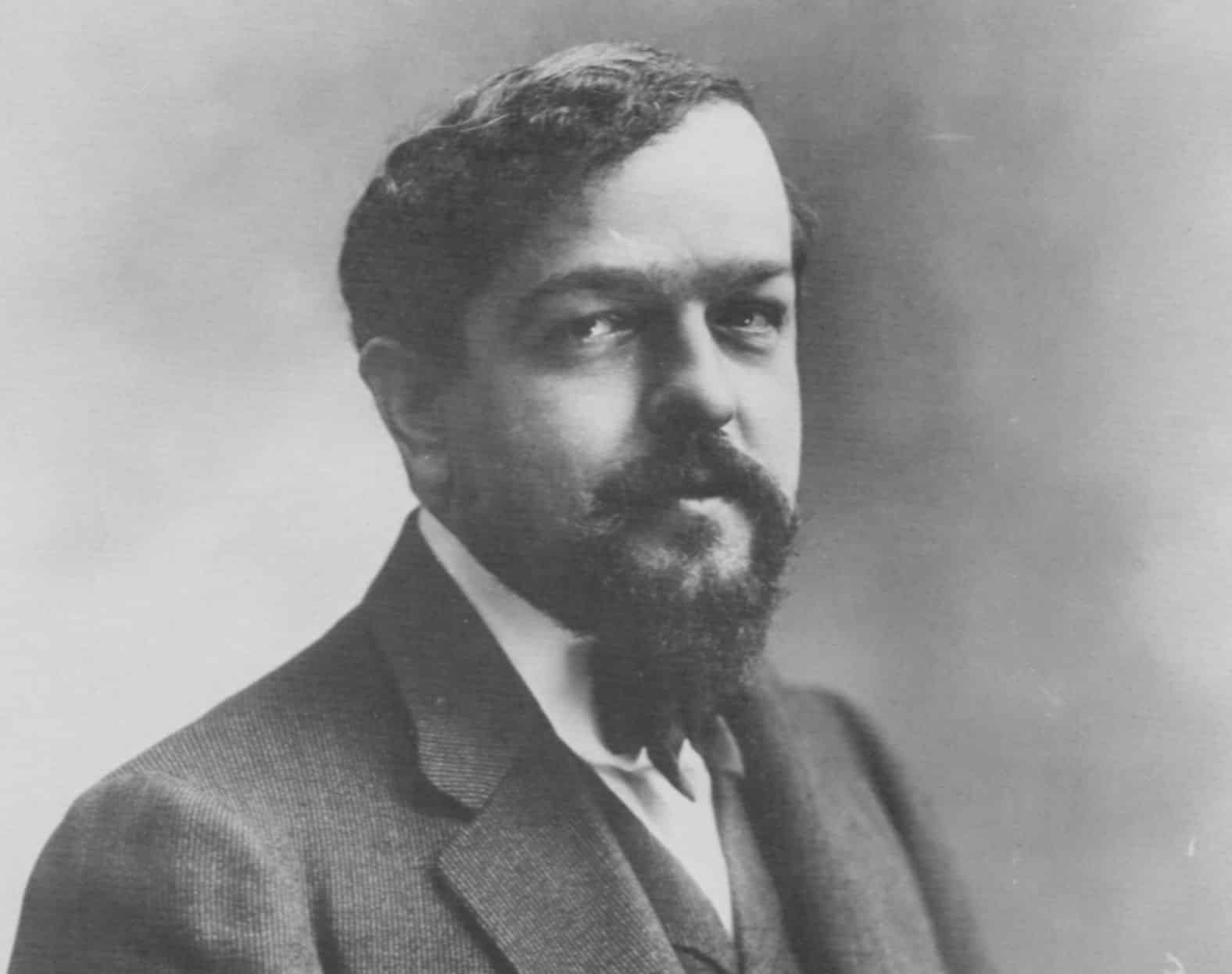
The Story Behind Debussy’s Danse sacrée et danse profane
Claude Debussy, one of the most innovative and influential composers of the late 19th and early 20th centuries, crafted a mesmerizing work for harp and[…]
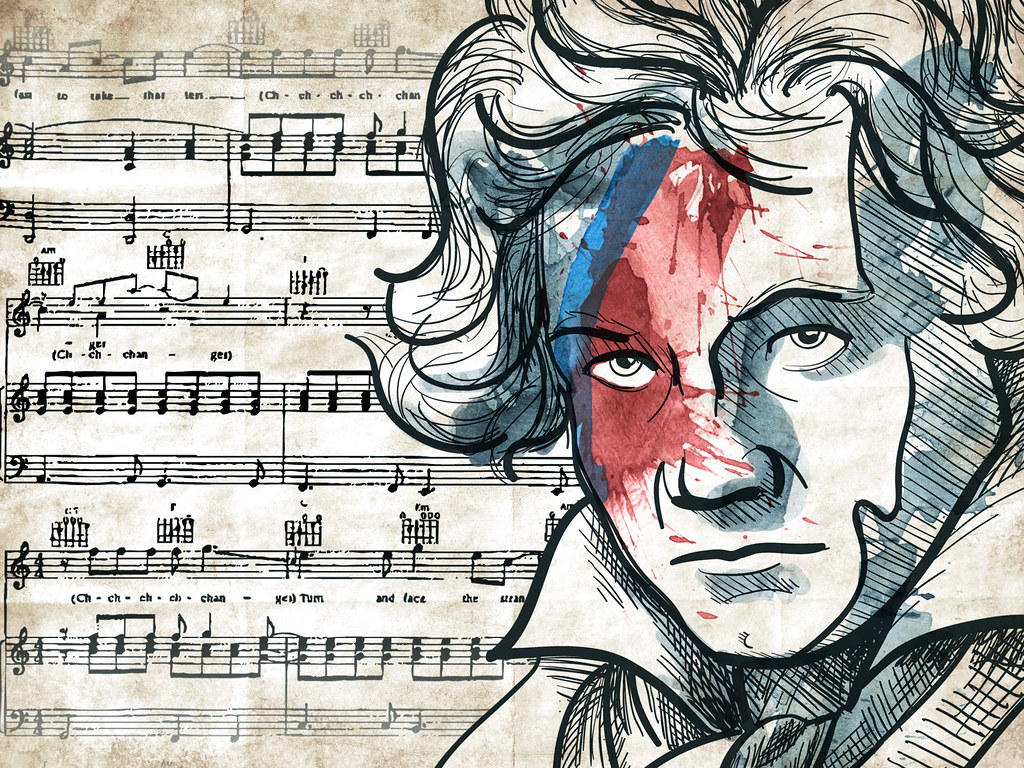
The Story Behind Beethoven’s Sonata No. 5 in C Minor
Ludwig van Beethoven, one of the most influential composers in the history of Western classical music, composed his Piano Sonata No. 5 in C Minor,[…]
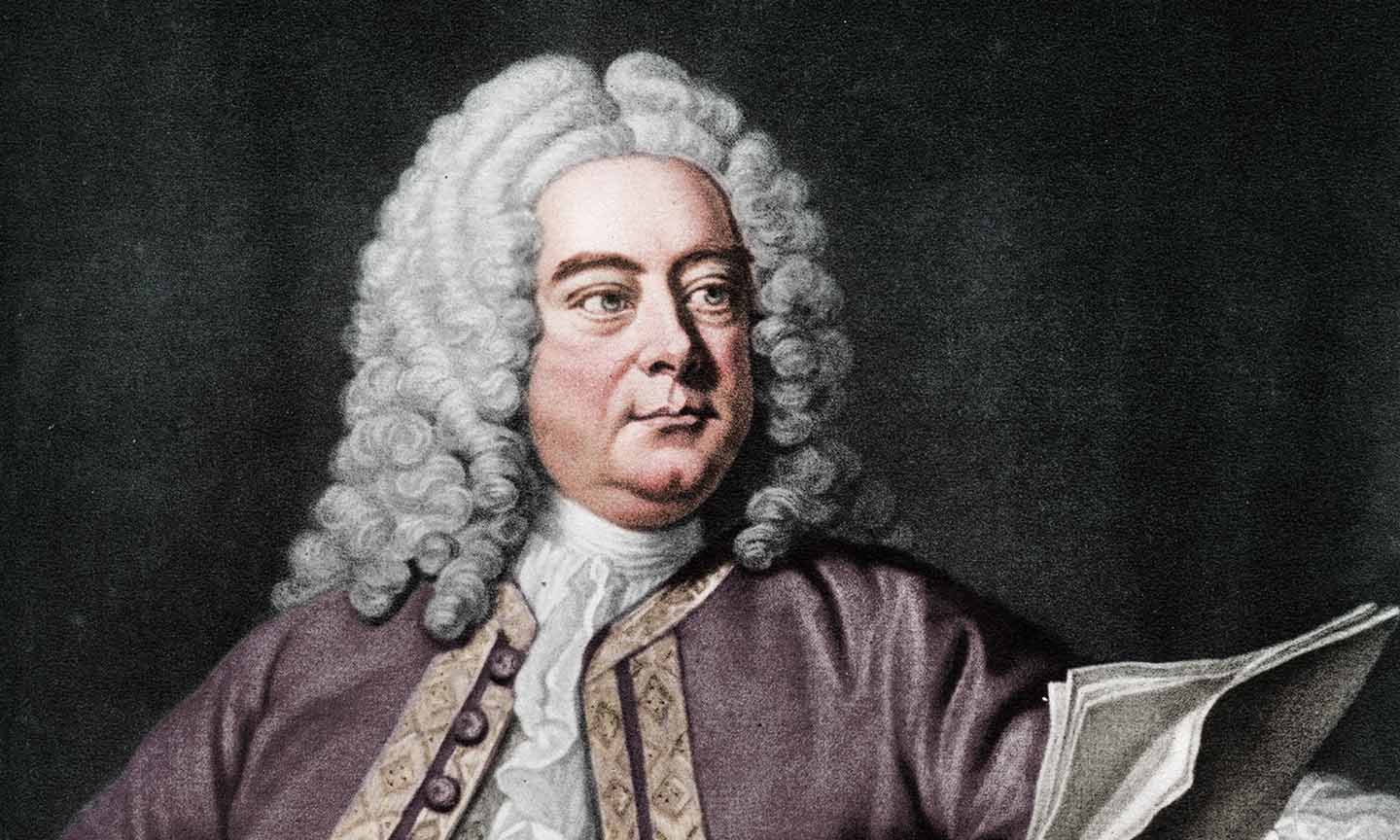
The Story Behind Händel’s Sarabande
The Sarabande by Georg Friedrich Händel is one of the most recognized pieces in classical music. Known for its solemn yet deeply expressive character, this[…]
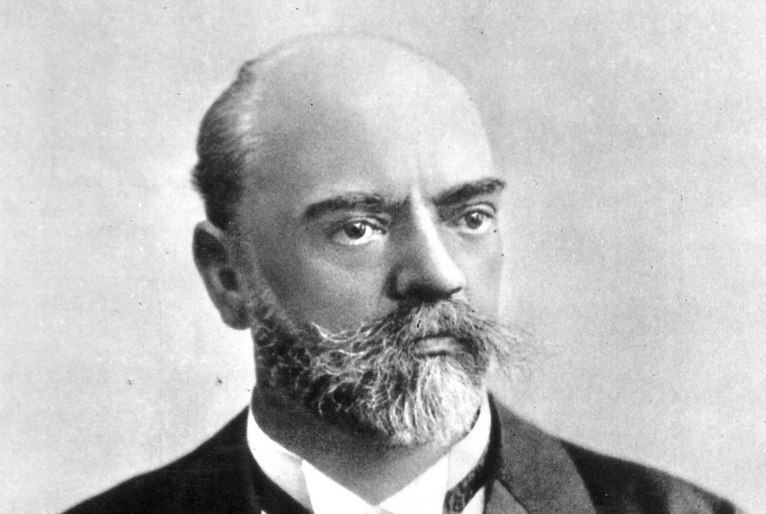
The Story Behind Dvořák’s Carnival
Antonín Dvořák (1841–1904) is celebrated as one of the most influential Czech composers of the Romantic era. Among his many masterful works, Carnival (“Karneval”), Op.[…]

5 Fascinating Facts about Anton Bruckner
Anton Bruckner (1824–1896) was one of the most distinctive composers of the 19th century, renowned for his grand symphonies, intricate harmonies, and deep spirituality. Despite[…]
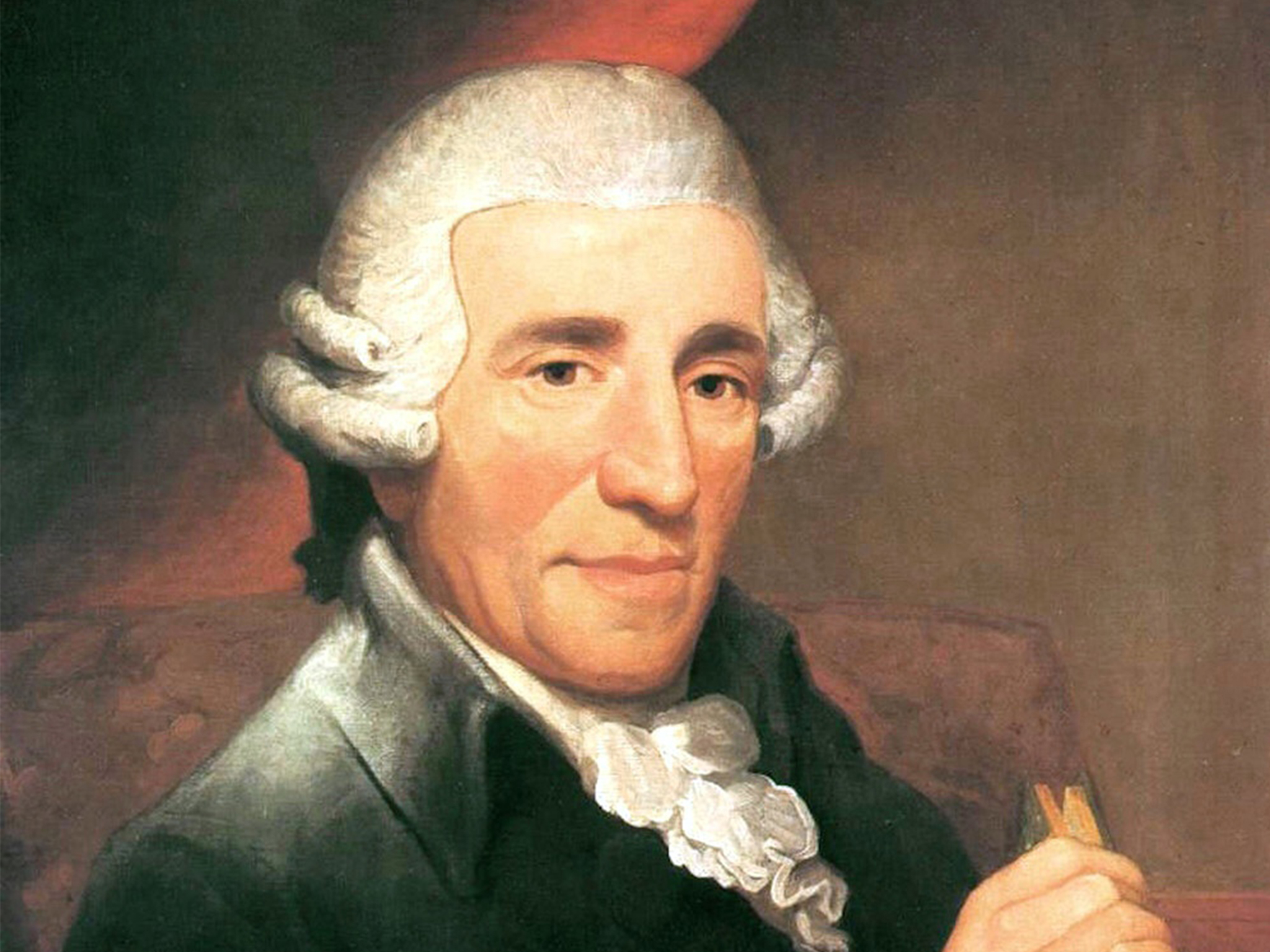
The Story Behind Haydn’s Symphony No. 88
Joseph Haydn, one of the most influential composers of the Classical period, composed Symphony No. 88 in G major in 1787. This work, known for[…]

The Story Behind Debussy’s Rêverie
Claude Debussy, one of the most influential composers of the late 19th and early 20th centuries, is renowned for his innovative approach to harmony, tone,[…]

The 5 Best Compositions by Georg Friedrich Händel
Georg Friedrich Händel, one of the towering figures of Baroque music, left an indelible mark on the world with his masterful compositions. Known for his[…]